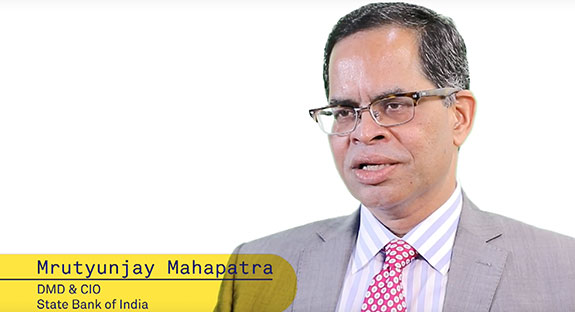Move to the cloud
Successful financial services leaders in cloud adoption are using the cloud as a transformative platform to achieve new revenue streams, innovation, and business growth at significantly higher levels.
Unlike traditional, decentralized financial services systems, cloud systems ensure consistency of processes and controls in all situations. This adds an extra layer of robustness against extraordinary events like capacity strain that can arise in remote working, cyber-attacks, and volume spikes.
Wipro is a premier partner to leading cloud providers. Wipro FullStride Cloud Services is recognized by analysts for our extensive certifications, awards, and stellar client engagements.
Embrace the partner ecosystem
Disruptions in the business landscape and the impact of technology are compelling banks to shift to innovative business models, while delivering superior experience with agility.
Wipro’s ecosystem of proven collaborative partnerships and platforms – with insights powered by data – help customers improve the efficiency and effectiveness of the whole banking value proposition. Wipro has created robust capabilities through investments in emerging technology products and by leveraging crowdsourcing platforms such as TopCoder, service design innovation through Designit, partnerships with emerging fintech players, and innovation labs across the globe. Our team of consultants enables banks to shape the future in payments, digital channels, credit services, digital core, and commercial and corporate banking. By leveraging HOLMES™, our AI platform, banks drive higher efficiency in functions such as application, infrastructure management and testing.
Successful transformation journeys require orchestration, integration, and simplification across a complex cloud partner ecosystem capabilities.

Wipro Named a Horizon 3 Market Leader in HFS Horizons Report: The Best Service Providers for Retail Banks, 2023

Digital Banking Experience Benefits from a Cloud-Native Approach

Wipro Named a Leader in Everest Group’s PEAK Matrix® for Open Finance IT Service Provider 2023

Everest Group Consumer Loan Origination System Products PEAK Matrix Assessment 2022 positions Wipro as a Leader.

Mr. Mrutyunjay Mahapatra, DMD & CIO , State Bank of India, shares how Wipro is the perfect strategic partner in their Digital transformational journey and endorses the Agility with which Wipro approaches the solution.